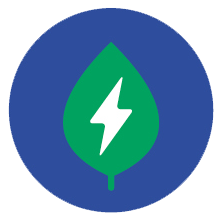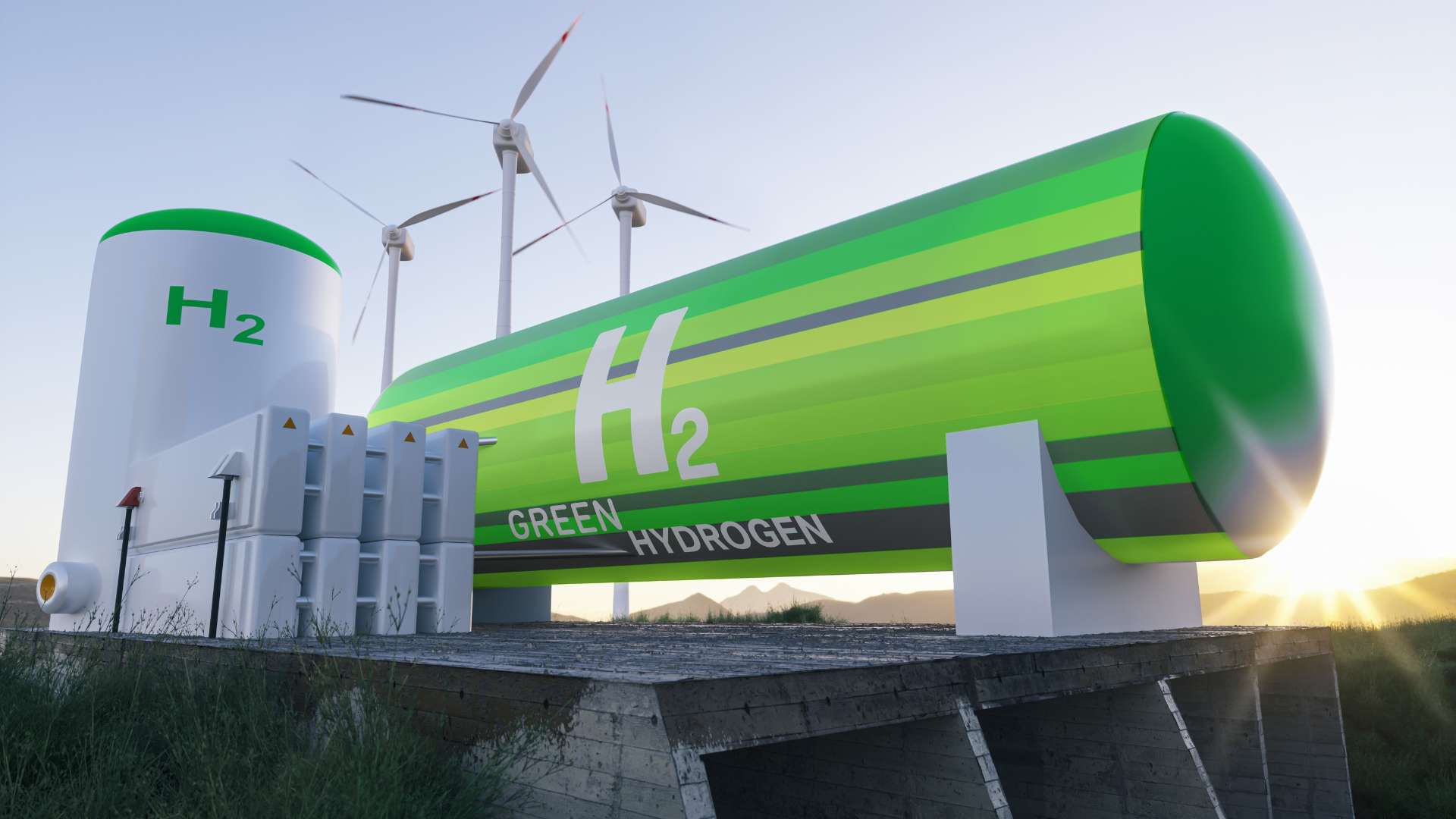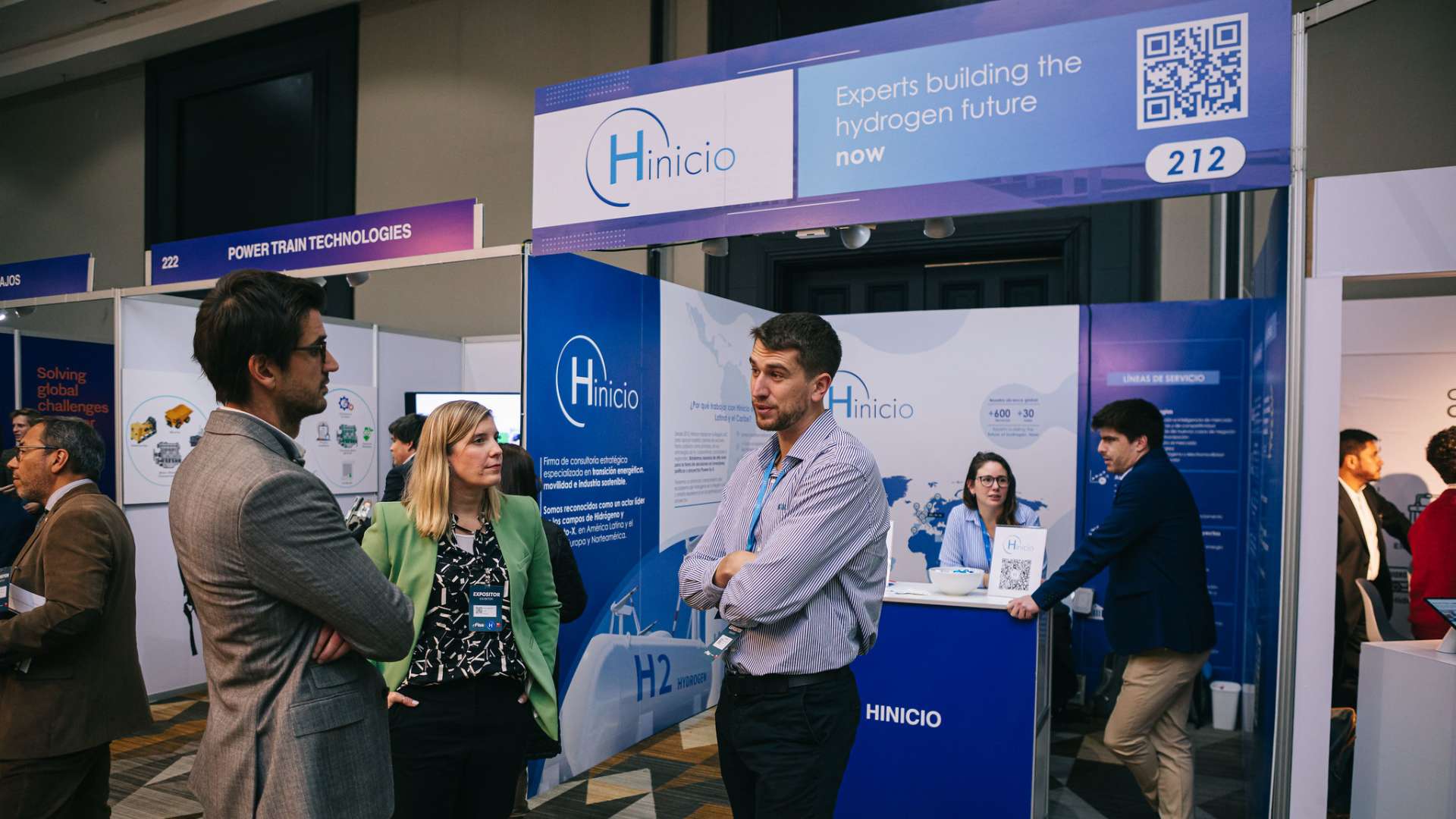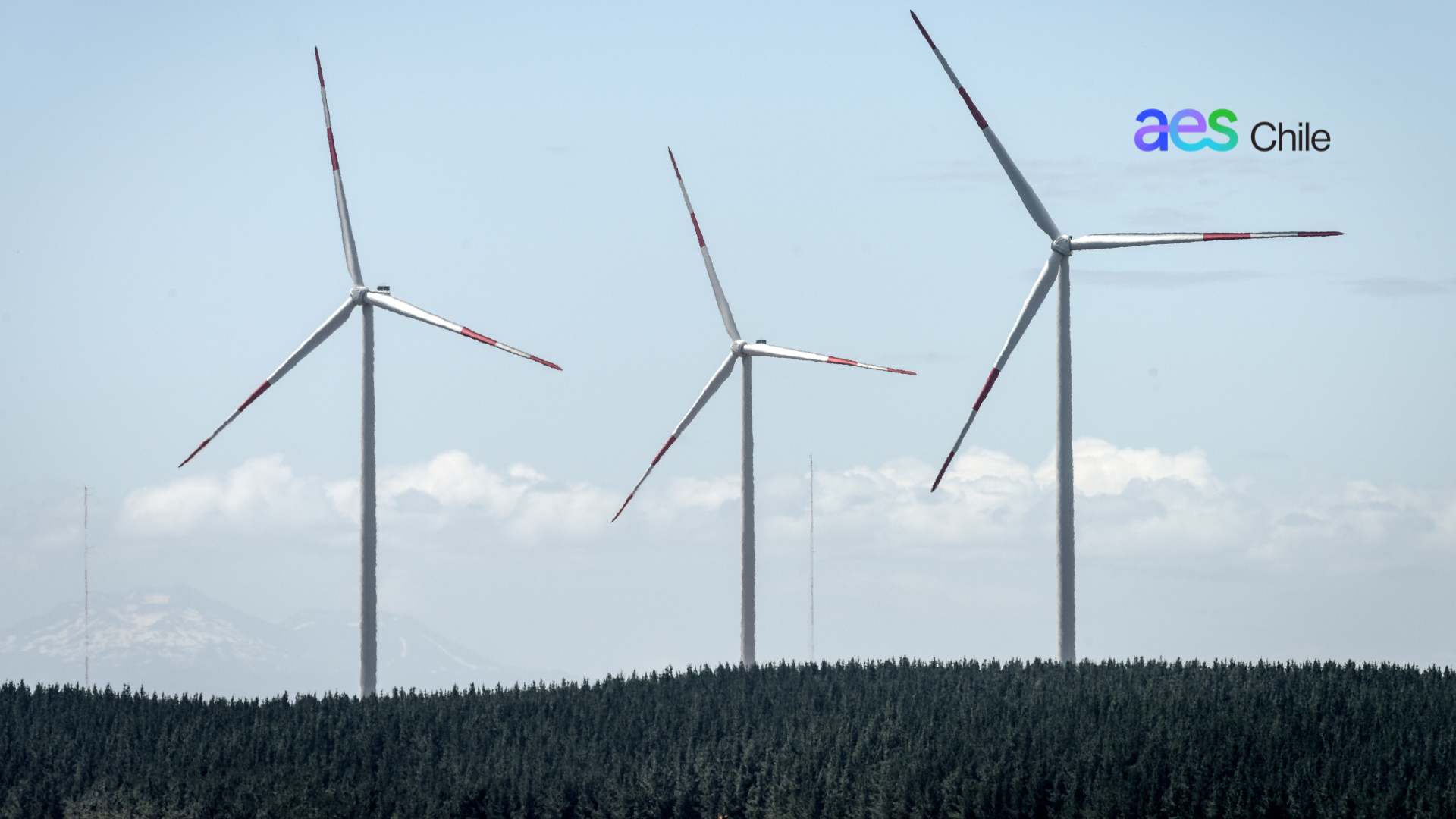
Corfo launched 18 public goods projects recently awarded in green hydrogen (H2V), water management and climate change initiatives. Nine of them are aimed at climate change adaptation, five at water resource sustainability, and another four at generating conditions that allow the installation of an H2V industry. The total investment of the initiatives is $2,137 million and they will be executed in most of the regions by universities such as Austral de Chile, Atacama, Los Lagos, Antofagasta, Tarapacá; the Center for Advanced Studies in Arid Zones -Ceaza, the Technological Center for Innovation in Productivity and Sustainability, the Corporation for Sustainable Tourism Development of the Chelenko Territory, the Forestry Institute – Infor, the Natural Resources Information Center and Fundación Chile. Corfo’s Networks and Territories Manager, Claudio Valenzuela, indicated that “these initiatives provide a general context on global mega trends, the new technological revolution associated with sustainability and climate change. Therefore, we need to move forward in terms of productive and territorial transformation, where new, more sophisticated technologies must be incorporated to improve companies and their value chains”. Some initiatives Public Goods are programs that seek to resolve the availability of information and identify obstacles in the market that hinder productive decision making in companies. There are several typologies considered in this call: Productive Application Methodologies, Generation and Systematization of Information, Enabling Infrastructure Development, Integrated Management Platforms and Generation of Norms and Standards. On this occasion, the proposals submitted were considered mainly for their relevance and regional impact. One of the projects highlighted in the Climate Change line will be executed by the Technological Center for Innovation in Productivity and Sustainability which, through a platform, will make available information that will allow interaction between the different actors in the value chain of the construction industry in the region of La Araucanía. In this way, they will promote new business models and interventions that facilitate the implementation of the circular economy and waste management, improving access to and availability of information for climate adaptation and environmental impacts generated by the sector. Along the same lines, the CLIMA-L Information System: Limarí River Basin, Climate Adaptation Measures in Coquimbo, executed by Ceaza. This is one of the regions with the greatest water risk; its watersheds have suffered an enormous deficit and agriculture in the area is an important economic activity. To address this situation, a public access web platform will be developed to provide information on water resources to generate concrete adaptation measures to climate change. The platform will be aimed at stakeholders who make decisions on water resources in the Limarí River basin.



 Related News
Related News Hyvolution 2024 implements an exclusive space for SMEs and startups at a preferential investment cost
Hyvolution 2024 implements an exclusive space for SMEs and startups at a preferential investment cost
 Gloria Maldonado, president of the Hyvolution Chile Congress: “It is a responsibility that I take on with great enthusiasm and dedication.
Gloria Maldonado, president of the Hyvolution Chile Congress: “It is a responsibility that I take on with great enthusiasm and dedication.
 AES Chile reinforces its commitment to innovation and renewable energy at Hyvolution 2024
AES Chile reinforces its commitment to innovation and renewable energy at Hyvolution 2024
